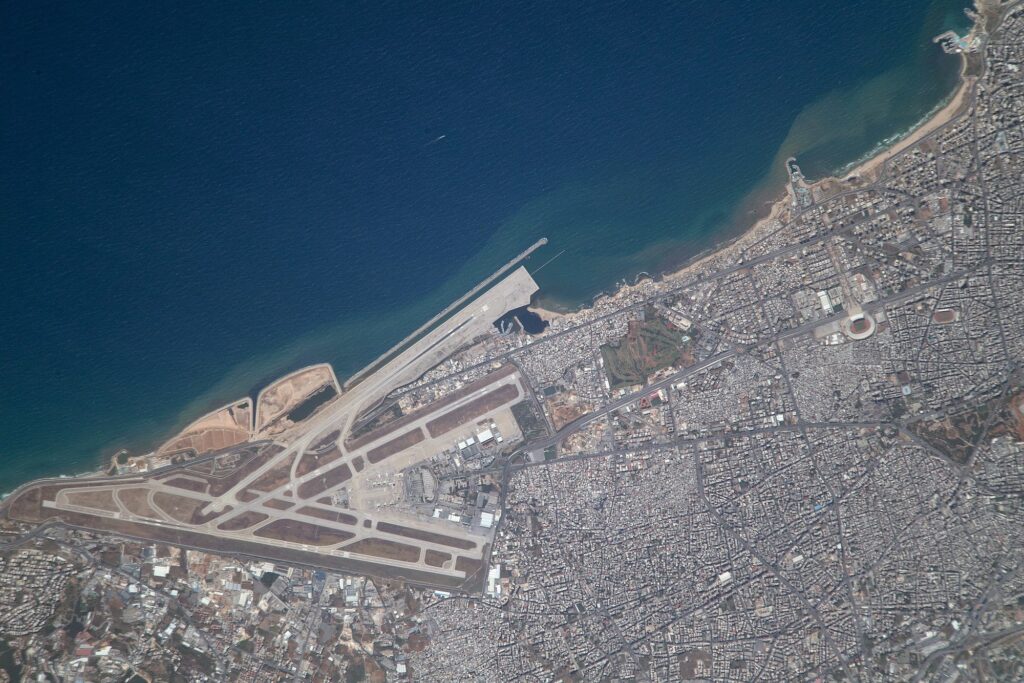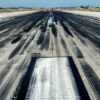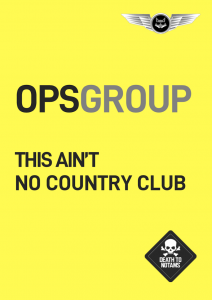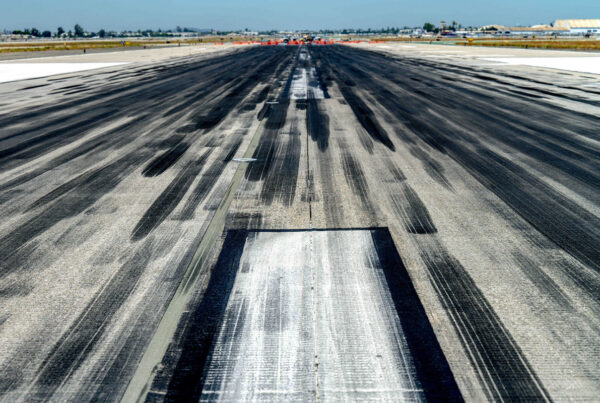We want to talk to Lebanon, more specifically, someone in the Lebanese Aviation Authority (the DGCA).
But since they probably won’t speak to us, we’ll talk to you instead… with a little warning about operating there.
What is this all about?
It is all about a tradition in Lebanon where they fire guns about willy nilly, often into the air, when they celebrate.
They do it at graduations, birthdays, weddings, and even funerals or when a political leader just talks on television (although that one happens less now because a lot of folk there aren’t so happy with the government).
There was renewed attention from authorities in 2016, but reports of it occurring across Lebanon are still common despite the practice having been outlawed since then.
Reports suggest OLBA/Beirut airport sees an average of 7-8 incidents involving indiscriminate gunfire per year.
New Year’s Eve 2022 saw reports that two MEA A320s parked at OLBA/Beirut were damaged by bullets during the celebrations. A passenger was also almost hit as he left the terminal.
On Nov 10, 2022, a stray bullet hit a commercial jet on the approach to OLBA/Beirut.
Two Middle East Airlines Airbus A321neos damaged by bullets fired during the New Year’s celebrations while parked at Beirut International Airport. https://t.co/8VotXyDDlK pic.twitter.com/Rw2O0f1wwz
— Breaking Aviation News & Videos (@aviationbrk) January 1, 2023
Why is there no security?
Actually, the reason Beirut airport seems to be at higher riskis as much to do with the fact it is the main international airport, as with the airport’s positioning to the city and populated areas.
OLBA/Beirut’s approaches both cross densely populated areas, and there is little separation between the airport area and land side areas. The final approach to runway 03 also passes over hotels along the coast where celebrations are often held.

What can you do about it?
Unfortunately, person-with-gun spotting on short finals probably isn’t an ideal plan. There is limited mitigation for this without support of the authorities to improve security and safety.
- If you do spot anything then report it immediately to ATC
- Be aware of the risk, particularly if operating during holiday periods
- Do not hold at low level over populated areas of Lebanon (unlikely you will, but a reminder)
- Consider climb performance on departure (get up as quick as possible!)
Does this happen anywhere else?
Risk of low level weapons fire is usually associated with conflict zones. Here are a few, there are no doubt more (and if you know of any, let us know. We’ll add to the list so other operators have a heads-up too.)
- OPPS/Peshawar The airport in Pakistan lies in close proximity to the mountainous region which borders Afghanistan. The mountains are a known region for rebel groups. Crew are advised not to hold or overfly the area due to the risk of gunfire. More info
- ORER/Erbil The Iraqi airport is the main airport for Erbil, the capital of the Kurdistan region of Iraq. There is currently ongoing conflict in this region. The approach to Runway 18 / departure from Runway 36 both cross a region of high terrain where there have been multiple reports of gunfire risk. Crew are advised to avoid descending or holding, or crossing this region until they have reached a suitable altitude. More info
- In Sep 2022, a man was hit inside an aircraft flying at 3500′, routing to VYKL/Loikaw airport in Myanmar. The bullet source was unconfirmed, but linked to conflict between rebel and government groups in the area. More info
Turkey and the Philippines also (sporadically) see a similar tradition occurring.
It’s not the only threat in Lebanon
Lebanon has seen a period of growing instability and unrest because of political and economic turmoil. Riots and protests are a particular security concern in Beirut.
Lebanon’s relationship with neighbour Israel has had its ups and downs. Lebanon has not yet followed in the footsteps of other countries in the region to improve ties (and airspace access) with Israel. Saudi Arabia and the UAE have both entered a ‘normalisation’ agreement, also known the Abraham Accords Peace Agreement, which opened up (some possibilities) for using Israel’s airspace.
The country also sees increasing spillover risk from the Syrian conflict. The conflict often results in Israeli fighter jets transiting their airspace with no clearance. It is repeatedly a persistent issue, and raises concerns over airspace risk and safety in the border areas of Lebanon. The Israeli airforce sometimes target Syria from this region resulting in missile attacks and airstrikes close to OLBA/Beirut.
The primary risk in Lebanon’s airspace (the OLBB/Beirut FIR) from the Syrian conflict is that civil aircraft may be targeted in error, or caught in crossfire during ongoing air attacks involving Israel, Russia, Iran. Missiles may erroneously lock on to civil aircraft. There is a risk to civil aircraft operating on airways UL620, UW74, UR18, and UP62.
Several countries have issued airspace warnings for Syria, banning operators from entering the OSTT/Damascus FIR. Many of these warnings include include the note that there is a potential risk to aircraft within 200nm of the Damascus FIR which includes the OLBB/Beirut FIR. There is also risk of GPS interference and communication jamming.
For a full briefing and information on current warnings visit Safeairspace:
Back to our call to the DGCA
The risk of indiscriminate gunfire impacting flight operations is a growing concern and the DGCA need to put measures into place to better protect aircraft operating into the country, particularly at OLBA/Beirut International.
So, here is our call to them to do something.
More on the topic:
- More: Lebanon Risk Update
- More: Turkey, Syria and Iraq: Airspace Risk
- More: SafeAirspace: 2021 Update
- More: Passenger plane almost shot down over Syria
- More: Why are we still flying airline passengers over war zones?
More reading:
- Latest: FAA Warns on Runway Length Data and Overrun Risk
- Latest: EASA’s New Cyber and Data Risk Rule for Operators in Europe
- Latest: Airport Spy: Real World Reports from Crews
- Safe Airspace: Risk Database
- Weekly Ops Bulletin: Subscribe
- Membership plans: Why join OPSGROUP?











 Get the famous weekly
Get the famous weekly 





